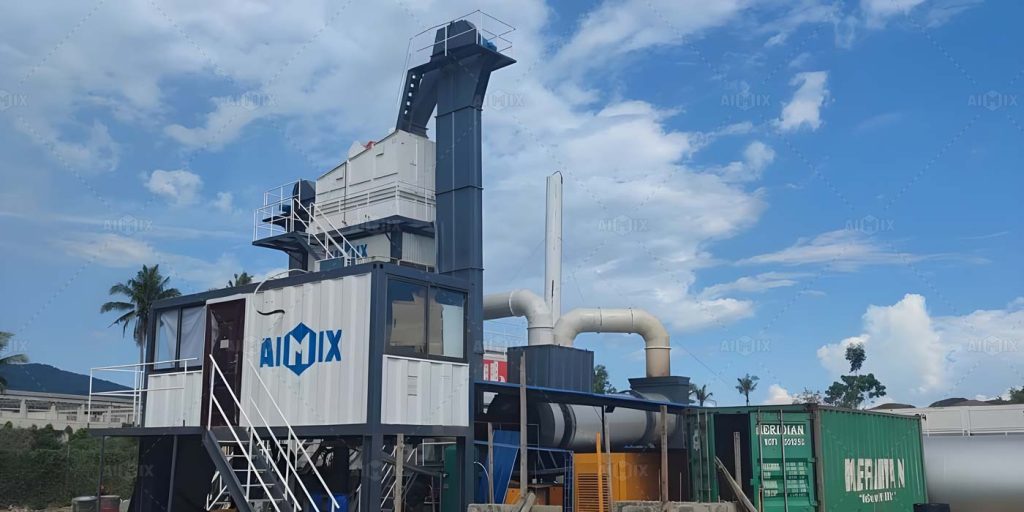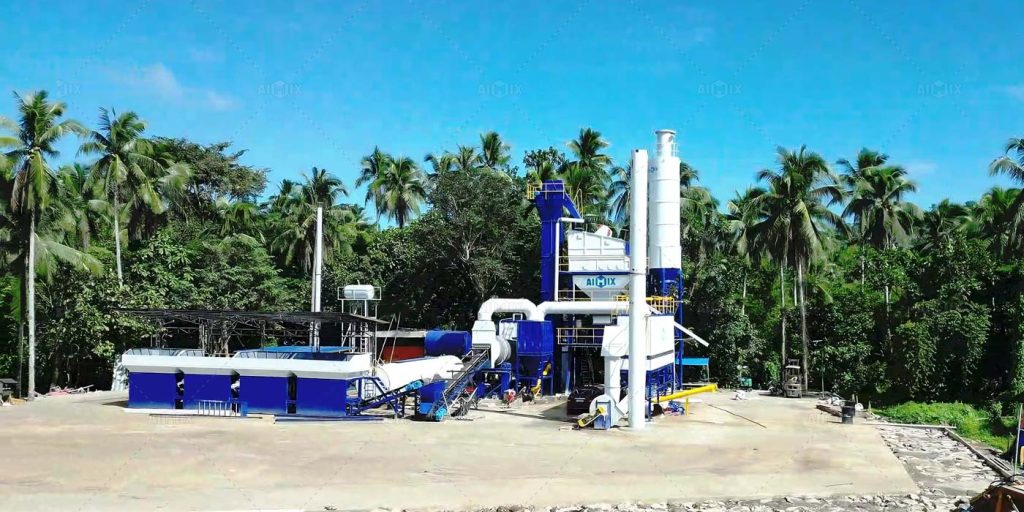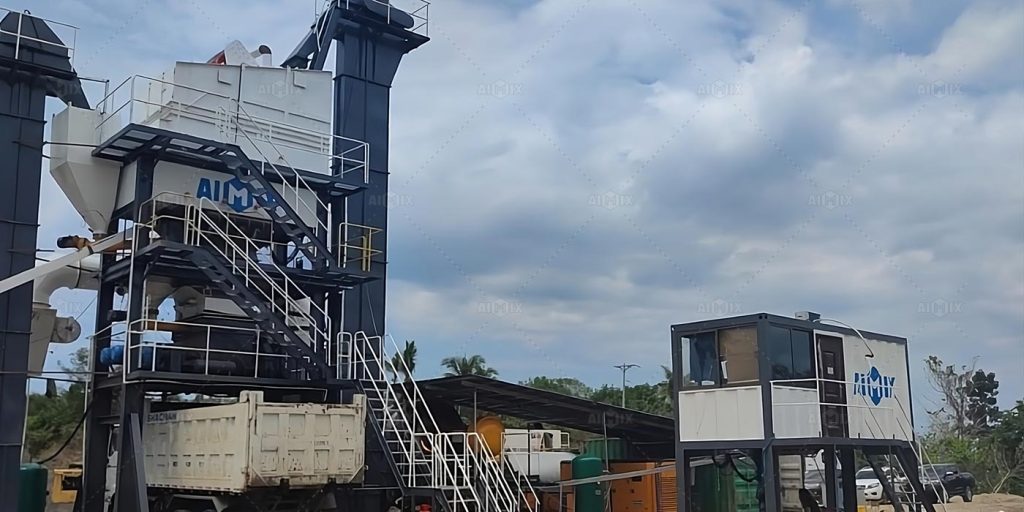When running a construction business, particularly in the asphalt industry, it’s crucial to have a clear understanding of your profit margins. If you’re considering investing in an amp aspal mixing plant, calculating the profit margins from selling the asphalt produced can guide your decision-making and ensure the sustainability of your business. This post will help you estimate these profit margins with practical steps and considerations.

Understanding the Costs Involved in Asphalt Production
The first step in estimating your profit margins is understanding the costs involved in producing asphalt. Several factors contribute to the overall cost, and knowing these will give you a clear picture of your expenses.
Raw Materials and Energy Costs
Asphalt production starts with raw materials such as aggregates, bitumen, and additives. The cost of these materials will vary based on your location and the scale of your operations. Additionally, the cost of energy to power the hot asphalt mixing plant—whether electricity, diesel, or natural gas—should be factored in. A thorough analysis of your energy consumption will help you estimate these costs accurately.
Labor and Maintenance
Labor costs play a significant role in your production expenses. This includes the wages of workers operating the asphalt plant and any administrative staff involved in managing the production process. Maintenance costs are another important consideration; regular upkeep of the plant ensures that it operates efficiently and reduces the risk of costly downtime. Budgeting for both labor and maintenance is essential for accurate profit margin calculations.

Revenue from Asphalt Sales
Once you have a clear idea of your costs, it’s time to consider how much revenue you can generate from selling the asphalt. The price of asphalt will depend on various factors, including local market rates, demand, and your production capabilities.
Market Demand and Pricing Strategy
Understanding market demand is crucial for pricing your asphalt effectively. If you’re in an area with high demand for construction and road-building materials, you might be able to command a higher price for your product. Your pricing strategy should reflect both the cost of production and the competitive pricing in your area. Additionally, offering premium products like eco-friendly asphalt or high-performance mixes can help you stand out in the market and potentially increase your revenue.
Volume of Asphalt Produced
Another critical factor in your revenue is the volume of asphalt you produce. A higher output typically leads to higher sales and greater profitability. However, this needs to be balanced with your large or mini asphalt mixing plant‘s capacity and the demand for asphalt in your target markets. It’s essential to monitor both production levels and demand carefully to maximize revenue.
Estimating Profit Margins
To estimate your profit margin, subtract your total production costs from your expected revenue. This will give you an idea of your gross profit. The formula is simple:
Profit Margin = (Revenue from Asphalt Sales – Total Production Costs) / Revenue from Asphalt Sales
Once you have your profit margin, you can assess whether your business is operating efficiently and whether you can make adjustments to improve profitability. For example, reducing production costs through better sourcing of materials or more efficient energy use could boost your profit margins.
Optimizing Profitability
Improving your profitability may involve several strategies, such as optimizing plant efficiency, negotiating better rates for raw materials, or increasing the volume of asphalt you produce. Additionally, diversifying your product range (such as offering different asphalt mixes for specific applications) can attract a broader customer base and increase your sales.

How AIMIX Can Help You Maximize Your Asphalt Plant’s Profitability
Investing in an asphalt mixing plant is a significant decision, and AIMIX offers high-quality, efficient solutions to help you succeed. AIMIX’s asphalt mixing plants are designed for maximum productivity and reliability, ensuring that your production costs are kept under control. With user-friendly features and advanced technology, AIMIX plants allow you to produce high-quality asphalt at a competitive price.
In addition to our equipment, AIMIX provides excellent customer support and after-sales service, ensuring that your plant operates smoothly and efficiently for years. Whether you’re looking to invest in a new stationary or portable asphalt plant or upgrade your existing equipment, AIMIX is your trusted partner in the asphalt industry.
Conclusion
Estimating your profit margins from selling asphalt produced by your own asphalt mixing plant involves understanding production costs, revenue from sales, and how to optimize efficiency. By calculating these factors, you can determine whether your business is financially viable and make informed decisions to boost profitability. With AIMIX’s reliable equipment and services, you can maximize your plant’s efficiency and take your asphalt business to the next level. Start planning your investment today and set your business on the path to success.